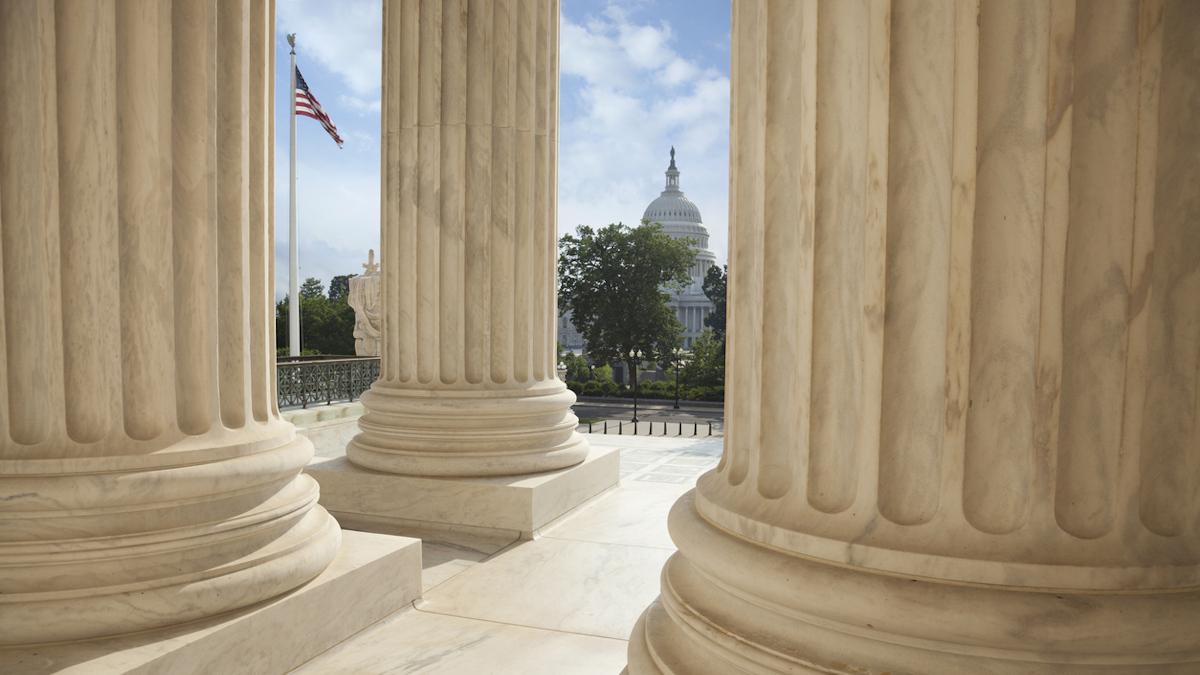Pfizer confirms generic medicines merger with Mylan

Pfizer and Mylan have announced an all-stock deal that would combine their off-patent medicines businesses, confirming speculation that emerged over the weekend.
The combination of Pfizer’s Upjohn unit with Mylan will create a generics giant with a market cap of $9.5 billion with Mylan shareholders holding 43% of the new venture and Pfizer investors taking 57%. The boards of both companies have backed the proposal.
In a statement, the two partners said the combined company would have pro forma sales of $19 to $20 billion in 2020 and an expanded geographic reach, with operations in 165 markets around the word, “including leading positions in China and other emerging markets.”
It will also have rights to iconic Upjohn brands such as cholesterol drug Lipitor, arthritis treatment Celebrex and Viagra for erectile dysfunction. Pfizer had previously discussed the possibility of spinning out Upjohn as a standalone company.
The new company – which will be renamed and incorporated in the US – “will drive a sustainable, diverse and differentiated portfolio of prescription medicines, complex generics, over-the-counter products and biosimilars,” according to Pfizer and Mylan.
The combined company will be headed by current Upjohn chief executive Michael Goettler, with Mylan CEO Heather Bresch departing and the latter company’s chairman Robert Coury keeping that role. Mylan’s Rajiv Malik will continue to serve as president.
Bresch said she is leaving to “pursue a new chapter – one that will continue to be focused on serving people, patients and public health.”
Pfizer is already in the midst of a major restructuring of its business under new CEO Albert Bourla, who succeeded Ian Read at the start of this year, which is aimed at freeing up capital for R&D and business development. The revamp was prompted by a prolonged period of patent expiries that hit earnings and a lean spell for new product launches.
The company has already separated its innovative drugs business from off-patent medicines and consumer healthcare, formed a joint venture for consumer health with GlaxoSmithKline, and agreed an $11.4 billion deal to acquire cancer specialist Array BioPharma.
The Mylan deal is almost a mirror of the GSK agreement, hiving off older products but retaining an interest and generating cashflows to help advance its pipeline. Upjohn will issue $12 billion of debt during the separation, with gross proceeds retained by Pfizer.
Mylan meanwhile has had its own difficulties of late, hit by declining prices for generics in the US and a scandal over price increases for its EpiPen drug for severe allergic reactions that prompted its own strategic review last year.
The deal is expected to close in mid-2020, subject to approval by Mylan shareholders, although Pfizer says it does not need to poll its own investors on the deal.
Bourla said that separating from Upjohn “represents our sharpened focus on innovative medicines” and will “maintain the financial flexibility to advance our strong pipeline, invest for growth and continue to return capital to our shareholders.”











